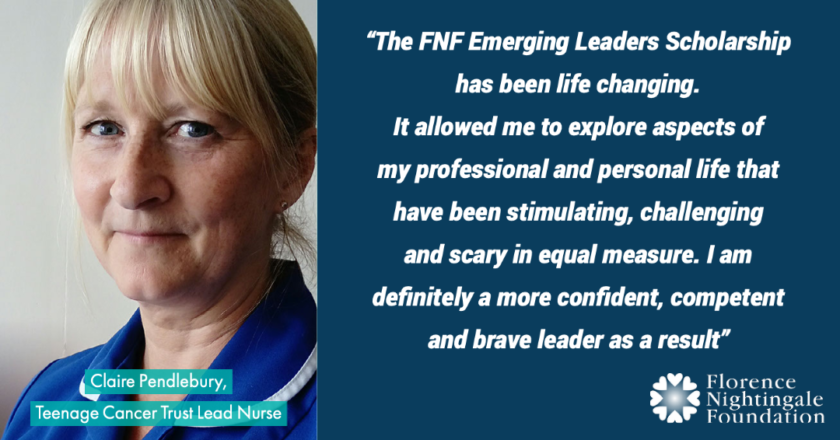
My career to date
I started my nurse training in 1982 at Alder Hey Childrens Hospital in Liverpool. I did a combined Registered Sick Children’s Nurse and Registered General Nurse qualification over four years. After qualifying I went to Addenbrookes Hospital in Cambridge to work on the children’s unit there. This was a super opportunity to consolidate my training as the unit took 0-5 year’s general admission, ENT and Paediatric Liver Transplantation under Professor Sir Roy Khan’s team. This was an emerging specialty developed in conjunction with Kings College Hospital in London so very exciting.
I then worked at Royal Manchester Childrens Hospital on the new Renal Unit which was another learning curve for me. I did the Renal Nursing course at Manchester Royal Infirmary and after working as a ward Sister for a couple of years moved to Leeds to set up the Paediatric Renal Nurse Specialist Role. This felt like a dream job and I stayed for nearly ten years before starting a family, working in Clinical Effectiveness and then moving to Sheffield to set up the Latex Allergy Service at Sheffield Teaching Hospitals.
After working part time for a few years whilst the children were young I started back full time in a Skin Cancer CNS role covering Dermatology, Plastic Surgery and Oncology; another dream job, another ten years!
Following participation in the 12 month STH FLOW Coaching Academy programme (which was amazing!) I gained promotion to Lead Nurse for Teenage and Young Team at Sheffield Teaching hospitals. This post is funded and supported by Teenage Cancer Trust. I lead a small but nearly perfect team of health care professionals delivering expert TYA care to a complex and fascinating group of young people. It is through this role that I successfully applied for the Leadership Scholarship with the Florence Nightingale Foundation.
Becoming an FNF Scholar
The FNF Emerging Leaders Scholarship has been life changing. The opportunities that are included in the programme are varied, interesting and usually not something that I would experience anywhere else.
The mentorship element of the programme has enabled me to explore aspects of my professional and personal life that have been stimulating, challenging and scary in equal measure. I am definitely a more confident, competent and brave leader as a result. The professional networks, friendships and support that I have formed will continue to support my leadership role and career.
I currently aim to consolidate my learning and development with a view to considering a future leadership role. I keep an open mind about what this might be but it is exciting to not know for certain what the next year holds.
My improvement project has been developing a Community Palliative and End of Life Care Pathway for 16 and 17 year olds and we were finalists in three categories at the Nursing Times Awards 2020. This project will have significant impact for young people with cancer in this age group. It has required a complete review of how adult hospice services can be offered to under 18’s. We have delivered the new service to three young people and we hope to be able to support the service delivery across the region. This is a national challenge so we anticipate sharing our learning on a wider scale.
The impact of Covid-19
Covid-19 has brought unique challenges to my service. We are a patient facing team and because of isolation and shielding my team have been working at home to continue to deliver contact, care and support to our young people. Our CNS has been delivering care in the community to reduce the number of visits that our young people make to the hospital.
Normally we spend lots of time together as a team and with our young people so adapting to isolation has been interesting in terms of our communications, creativity and service continuation. We check in regularly using webcam based applications and phone calls. We plan ahead and we set weekly targets to help with focus and structure. We also have regular mental wellness time which helps.
I have been in the hospital every day; I have covered shifts on the ward and have been involved in the staff swabbing service.
What Florence Nightingale means to me
I think that Florence Nightingale as an icon means a lot to nurses and midwives. Most will know about her and her example. I think there is less known about how her principles and work continue to contribute to contemporary practice. Infection control is very well known but her contribution to statistics and data analysis and application to practice is less well known for example.